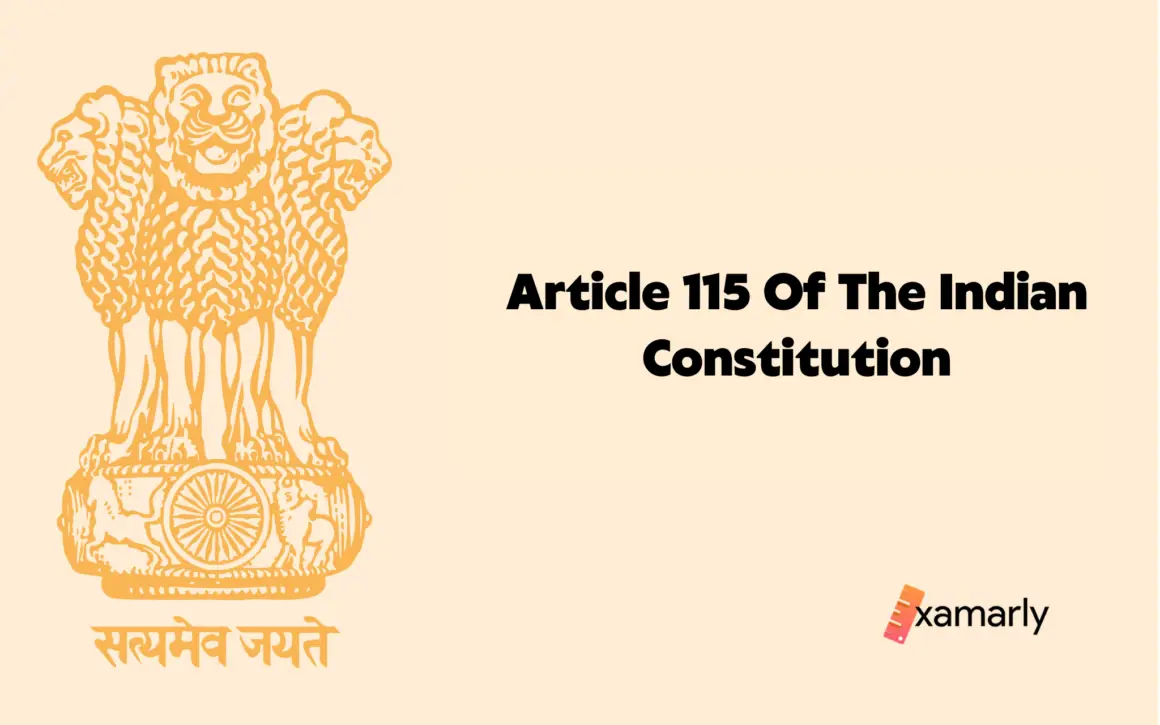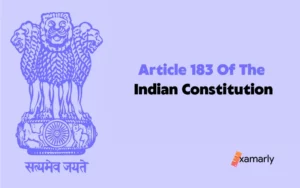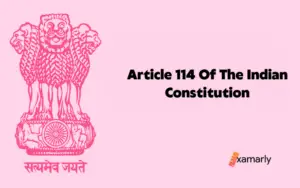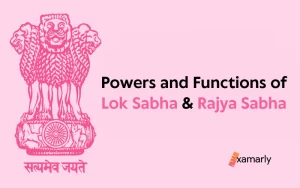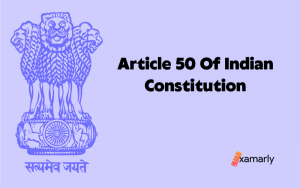Overview
Article 115 of the Indian Constitution talks about the supplementary funds that could be required above the Demand for Grants.
Article 115 of the Indian Constitution can be understood as an extension of Article 114 of the Indian Constitution. It lays down all the protocols and provisions that are to be followed by the government when they need additional, supplementary, or excessive funds.
Let us get to know more about Article 115 of the Indian Constitution by analyzing all the clauses and sub-clauses present in it.
We will be breaking down each of them to have a better understanding.
Article 115 Of The Indian Constitution – In Detail
Clause 1 – As it is & Explained
“115. Supplementary, additional or excess grants
(1) The President shall
(a) If the amount authorised by any law made in accordance with the provisions of article 114 to be expended for a particular service for the current financial year is found to be insufficient for the purposes of that year or when a need has arisenduring the current financial year for supplementary or additional expenditure upon some new service not contemplated in the annual financial statement for that year, or
(b) if any money has been spent on any service during a financial year in excess of the amount granted for that service and for that year, cause to be laid before both the Houses of Parliament another statement showing the estimated amount of that expenditure or cause to be presented to the House of the People a demand for such excess, as the case may be “
The first clause of Article 115 of the Indian Constitution reflects on the authorization of the President of India has the authority to present the supplement Grant to the House of People if
(a) the amount that was been authorized by any law in reference to the Article 114 of the Indian Constitution which has to be spent on a particular service in the current financial year exceeds the budget defined for the purpose. Also, if those expenses that have been exceeded were not mentioned in the statement that was presented earlier.
(b) any amount that has been spent on a particular service during a financial year exceeded the defined budget for that particular service and which has to be presented in both the Houses of Parliament showing the estimated amount of that over budget.
Related – Article 114 Of The Indian Constitution
Clause 2 – As it is & Explained
“(2) The provisions of articles 112, 113 and 114 shall have effect in relation to any such statement and expenditure or demand and also to any law to be made authorising the appropriation of moneys out of the Consolidated Fund of India to meet such expenditure or the grant in respect of such demand as they have effect in relation to the annual financial statement and the expenditure mentioned therein or to a demand for a grant and the law to be made for the authorisation of appropriation of moneys out of the Consolidated Fund of India to meet such expenditure or grant”
The second clause of Article 115 of the Indian Constitution says that if the President has to present any statement with respect to the additional, excess, or supplement on the amount that was decided in the annual statement, then it has to be done according to the provisions and the protocols that have been mentioned in the Articles 112, 113 and 114 of the Indian Constitution.
After it has been presented, the law will be made accordingly to take the money out of the Consolidated Fund Of India.
Summing Up
We concluded that the authorization of the President plays a critical role when it comes to the additional, excess, or supplement amount.
FQAs
Is a grant a loan or free money?
Repayment is the primary distinction that can be made between a grant and a loan. In contrast, if you receive a grant, you will not be expected to pay back the money that you receive. A grant is, in all intents and purposes, a gift. In other words, there is no expectation of repayment.
Can the Rajya Sabha vote on demands for grants?
On the Demands for Grants, the Rajya Sabha is unable to cast a vote. The Annual Financial Statement is off-limits for discussion in the Rajya Sabha.
Who decides where the grant money goes?
Following the President’s signature on the bill, the agencies will conduct a review of the new law, make any congressionally needed changes to the regulations, and start allocating monies to the various projects and programs, including grant programs, that are included in the law.


